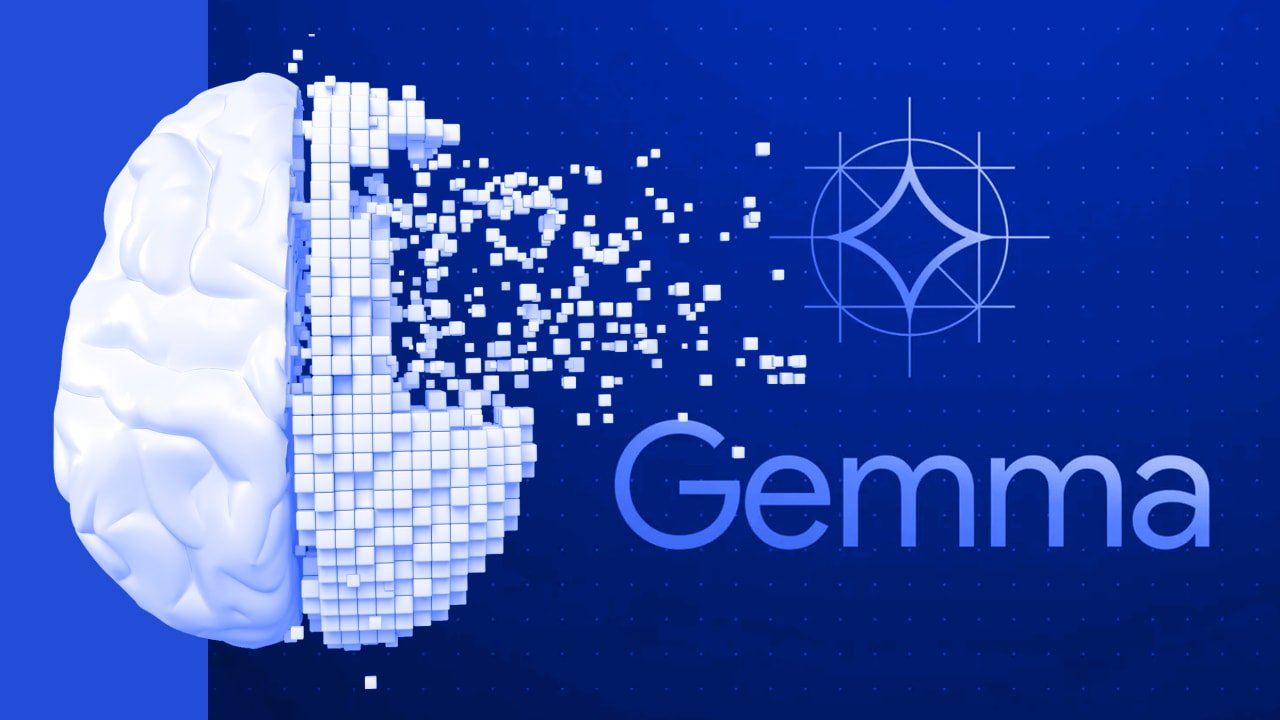Google has unveiled Gemma, a groundbreaking family of open AI models designed to empower developers in crafting responsible artificial intelligence applications. Stemming from the technology behind Google’s Gemini models, Gemma offers unprecedented access to safe AI development practices.
Key Highlights:
- Focus on responsible AI: Gemma prioritizes mitigating the potential harms of large language models.
- Lightweight and accessible: Gemma models can operate on laptops, desktops, or cloud platforms, making them accessible to a wide range of developers.
- Performance and efficiency: These models demonstrate competitive performance in comparison to similar offerings.
- Open-source foundation: Gemma is built on principles of open access and distribution for both individual developers and commercial users.
What is Gemma?
Gemma is a suite of lightweight language models developed by Google AI. Trained with datasets and techniques refined during the development of their larger Gemini counterparts, Gemma models offer impressive capabilities in language understanding and generation. Google’s focus on responsible AI underpins the creation of Gemma, and these models integrate directly with a Responsible Generative AI Toolkit.
Responsible AI Toolkit
Google has paired the launch of Gemma with a powerful set of tools designed to aid developers in prioritizing safety and responsibility. This toolkit encompasses:
- Safety classification: Robust methods for building safety classifiers that can identify potentially harmful model outputs, even with limited data.
- Debugging tools: Gemma models can be analyzed and fine-tuned to correct problematic behavior.
- Best practices guidance: Google shares its extensive experience in large language model development, helping developers optimize Gemma implementations.
How Gemma Makes a Difference
Gemma’s impact on the AI landscape is multifaceted:
- Democratization of AI: The low computational requirements and open-source structure of Gemma bring advanced language models to developers who may lack access to larger, more resource-intensive alternatives.
- Responsible Innovation: By placing responsible AI at the forefront, Google hopes Gemma helps developers understand and mitigate potential biases or harmful uses of AI technology.
- Performance Improvements: Gemma’s efficiency and quality offer the potential to reshape resource-constrained AI applications.
Additional Information & Exploration
- Real-world examples: Give concrete examples of how Gemma could be applied in different fields, such as:
- Customer Support: Powering more sophisticated chatbots with better understanding of customer inquiries.
- Creative Writing: Helping authors brainstorm ideas, draft text, or offer feedback for editing and improvement.
- Education: Providing personalized tutoring experiences for students tailored to their specific learning needs.
-
Expert commentary: Secure quotes from experts in the field of AI ethics or natural language processing to add another layer of authority and insight into the article. They could comment on:
- The positive implications of making responsible AI more accessible.
- The challenges that still need to be addressed in building and deploying ethical AI systems.
Accessing and Using Gemma
Developers can get started with Gemma today! Google has provided multiple channels for easy access and implementation:
- Kaggle
- Colab notebooks
- Google Cloud’s Vertex AI
- Integration with popular frameworks: Gemma supports Keras, PyTorch, JAX, and Hugging Face Transformers.
The Future of Responsible AI
Google’s release of Gemma and its associated toolkit represents a substantial commitment to cultivating ethical and responsible AI. As large language models continue to evolve and impact various facets of our digital world, ensuring their responsible use is crucial. Gemma provides a promising toolset in meeting the challenges and opportunities ahead.



















